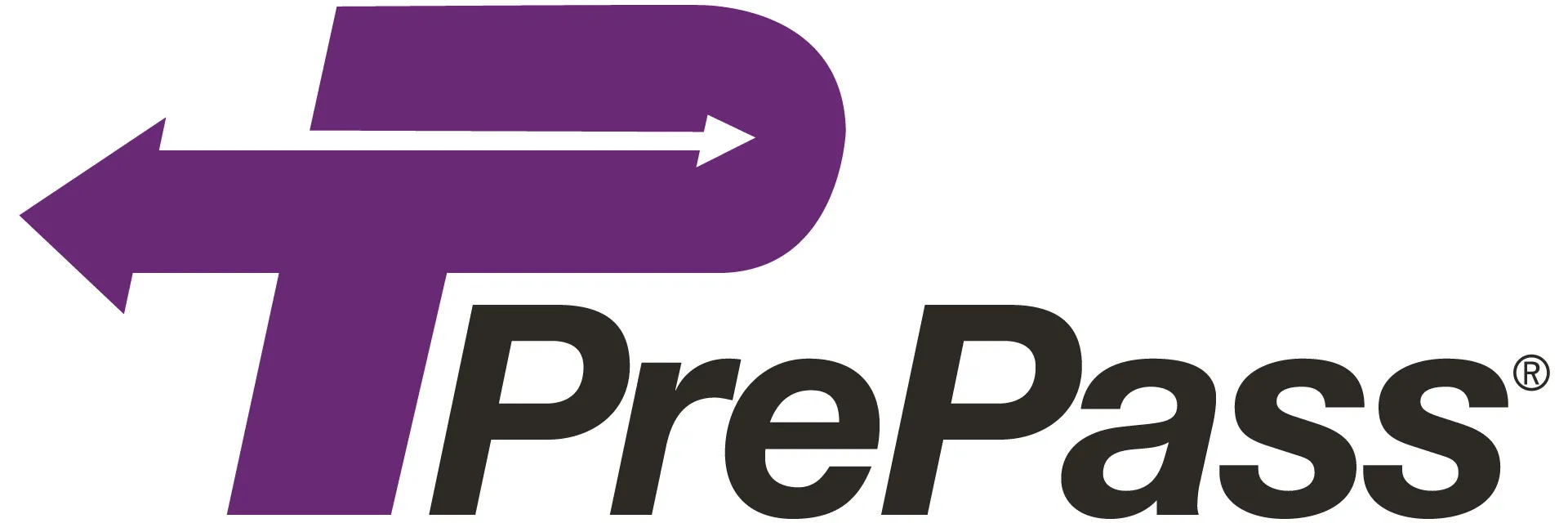Rebalancing the Scales of Justice in Trucking

A jackpot justice system has caused nuclear verdicts against trucking companies to escalate.
In fact, nuclear verdicts—those verdicts over $10 million—against trucking companies have skyrocketed 967% in the last 15 years, according to research from the American Transportation Research Institute.
“That is pretty frightening. These verdicts outpace increases in health care costs and inflation,” said Paul Enos, CEO of the Nevada Trucking Association during the PrePass webinar. Enos was joined by Dr. Bill Kanasky, Jr., senior vice president of litigation psychology, Courtroom Sciences Inc.
Jury awards have skyrocketed too, Enos said. A $1 billion verdict against a Florida trucking company after an accident set a new bar for these verdicts.
This is happening, according to Dr. Kanasky, because plaintiff attorneys put their focus on two strategies.
First, they try to trap witnesses at deposition. They videotape all depositions and employ “reptile theory” to trip up witnesses on camera. Reptile theory is a legal strategy that encourages jurors to perceive a defendant’s alleged conduct as a threat to their own personal safety and the safety of their families and community, versus the facts.
They also use mock trials to see how a jury might settle their case. Once they move through these steps, Kanasky said “Their demands will be excessive. There is no reason to be reasonable when they hold all the cards. They have the testimony and have done the research. They know they have a winner.”
The good news is there are strategies fleets can implement to address these plaintiff attorney tactics. Kanasky broke them out.
- Discovery phase: Start by developing a crisis response plan, engage in pre-deposition training of key witnesses, and conduct jury research, including focus groups and mock trials.
- Crisis response phase: Activate a crisis plan and form a rapid response team. Determine media response and how to communicate with stakeholders after an event.
- Immediate post-incident meetings: Gather relevant personnel to debrief and communicate an action plan. Loop in counsel inside the company and third-party counsel immediately and communicate often.
- Pre-deposition training: Deposition sets the stage for settlement and trial strategy. Emotional, cognitive, and behavior issues drive poor deposition performance.
- Jury research: Investing in research and preparation costs far less than the exposure and damages a company can incur without it. Conduct exploratory research through litigation risk assessment and focus groups, and confirmatory research in mock trials.
The situation can also be improved by using the “Mongoose Method,” a term coined by Enos, to counter aggressive plaintiff tactics and crush reptile attacks. The term draws from the animal kingdom where only the mongoose can take on the cobra snake, a reptile.
The Mongoose Method aims to rebalance the scales of justice through tactical training in litigation defense. It makes sure that before an accident happens:
- Defense attorneys have tools to defeat reptile attacks.
- Trucking companies receive pre-litigation training to identify traps and trends.
- Direct case consultation is available to change outcomes.
“We are not trying to avoid accountability with any of these things,” Enos concluded. “Trucking companies want to take responsibility if they are at fault. But we want to make sure the verdict is fair. We don’t want to fall back on the jackpot justice system that has negative ramifications on trucking, the economy, and society.”
PrePass® is the leading and most utilized weigh station bypass and toll payment platform in North America. PrePass helps qualified commercial motor carriers stay on schedule and safely bypass inspection facilities at highway speeds using either the PrePass app, transponder, or both. This includes over 750,000 commercial vehicles utilizing PrePass based on their safety compliance and up-to-date credentials. PrePass also offers electronic toll payment services, INFORM™ Safety and Tolling software, and mobile driver ALERTS™. Learn more at www.prepass.com or contact PrePass today at prepass.com/contact or by calling (800) 773-7277, option #2.
The above article is sponsor-generated content. To learn more about sponsor-generated content, click here.


